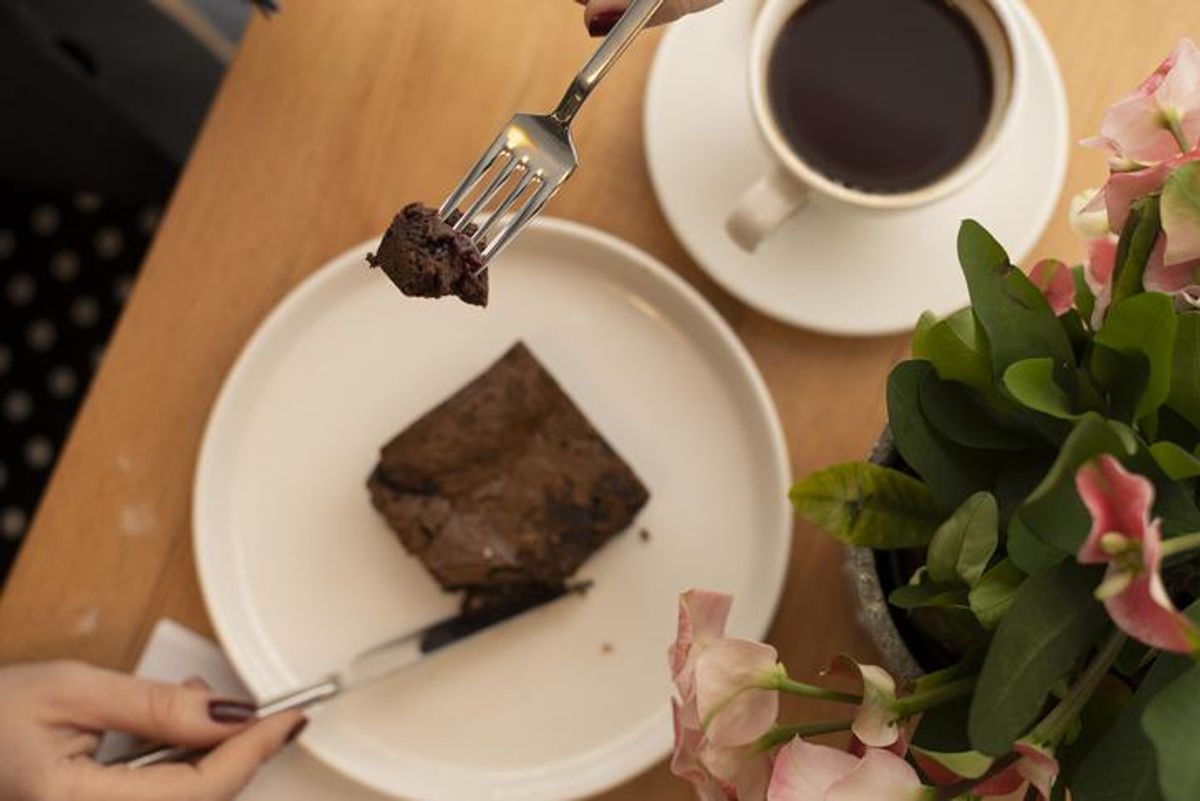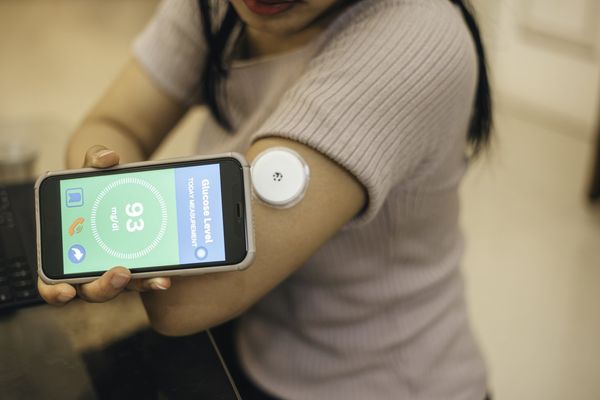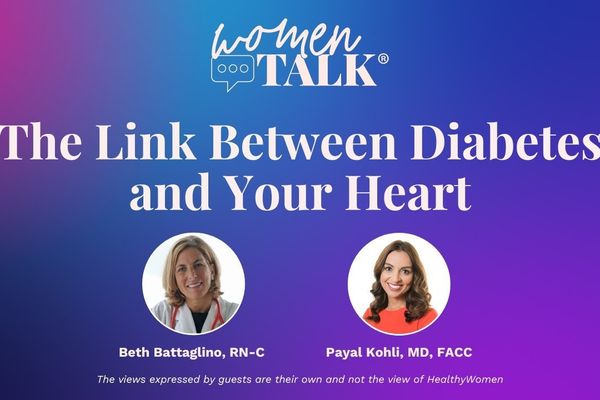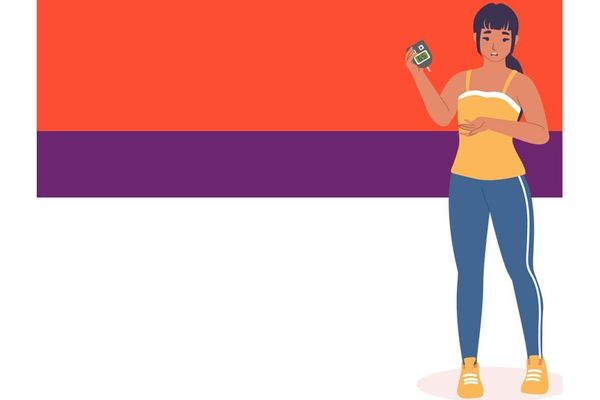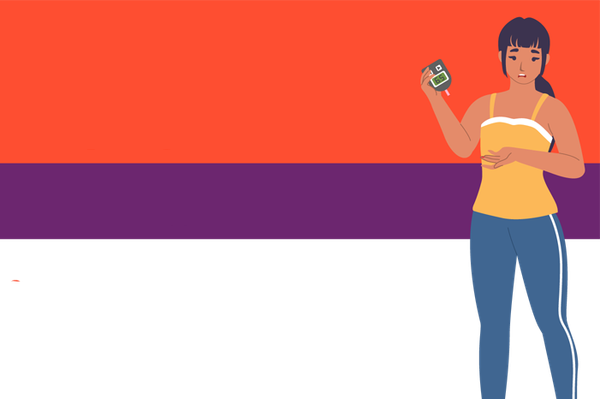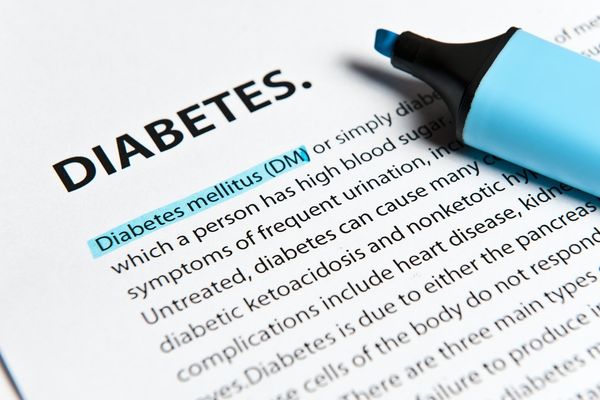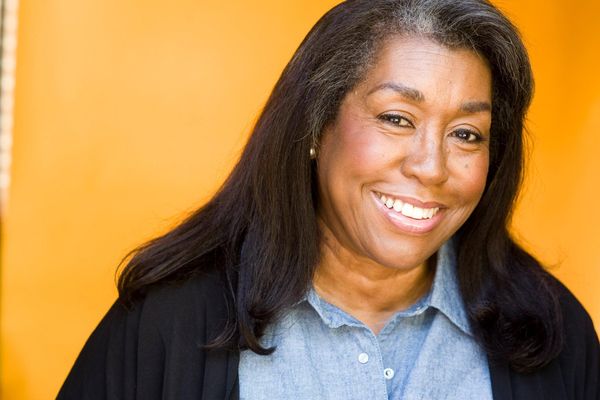Q:
I just found out that I have type 2 diabetes, and I don't know what to eat. I love brownies! Does this mean I can't eat them anymore?
A:
Living with diabetes doesn't mean that you cannot indulge and enjoy your favorite dessert on occasion—it just may have to be less often.
Until 1994 it was commonly believed that people with diabetes should avoid all desserts and sweets. Today, the message is different. Most people with diabetes can eat foods containing sugar as long as the total amount of carbohydrates for that meal or snack is consistent, and foods high in added sugars are added within the context of healthy eating. But this does not mean that you can eat desserts and not worry. Cookies, pastries, ice cream and cakes should be eaten less often due to their high calorie and fat content and low nutritional value.
But sugar is not the only type of carbohydrate you need to control. The body will digest all carbohydrate foods to glucose. The carbohydrate food groups are the starches (rice, pasta, bread, cereal), starchy vegetables (potatoes, corn, peas), fruits (canned, fresh, dried), dairy (yogurt, milk) and sweets such as cookies, cake and candy. The amount of food you eat is directly related to your blood glucose. When you eat more carbohydrates than your body can handle, your blood glucose may rise higher than expected.
Checking your blood glucose two hours after you eat gives you an indication of how the carbohydrate foods you ate affect your blood glucose. If you ate too many carbohydrates, take a walk to help your body burn the extra calories and to help lower your blood glucose level.
Choose food high in fiber more often, such as whole grains, beans, fresh fruit and vegetables. It is important to eat healthy foods, watch portion sizes, exercise and lose weight if you need to.
One meal planning approach that people with diabetes can use to help manage their blood glucose is the carbohydrate counting method. Carbohydrate counting is a method of calculating the grams of carbohydrates or number of carbohydrate servings you eat at meals and snacks. Counting carbohydrates helps create flexibility in your meal plan so you can include a variety of foods. If you want to know how many carbohydrates you should eat in a day, see a registered dietitian or diabetes educator to help create an individualized plan that will work for you.

